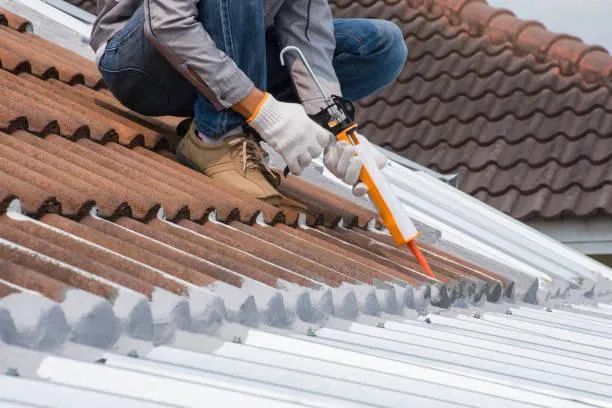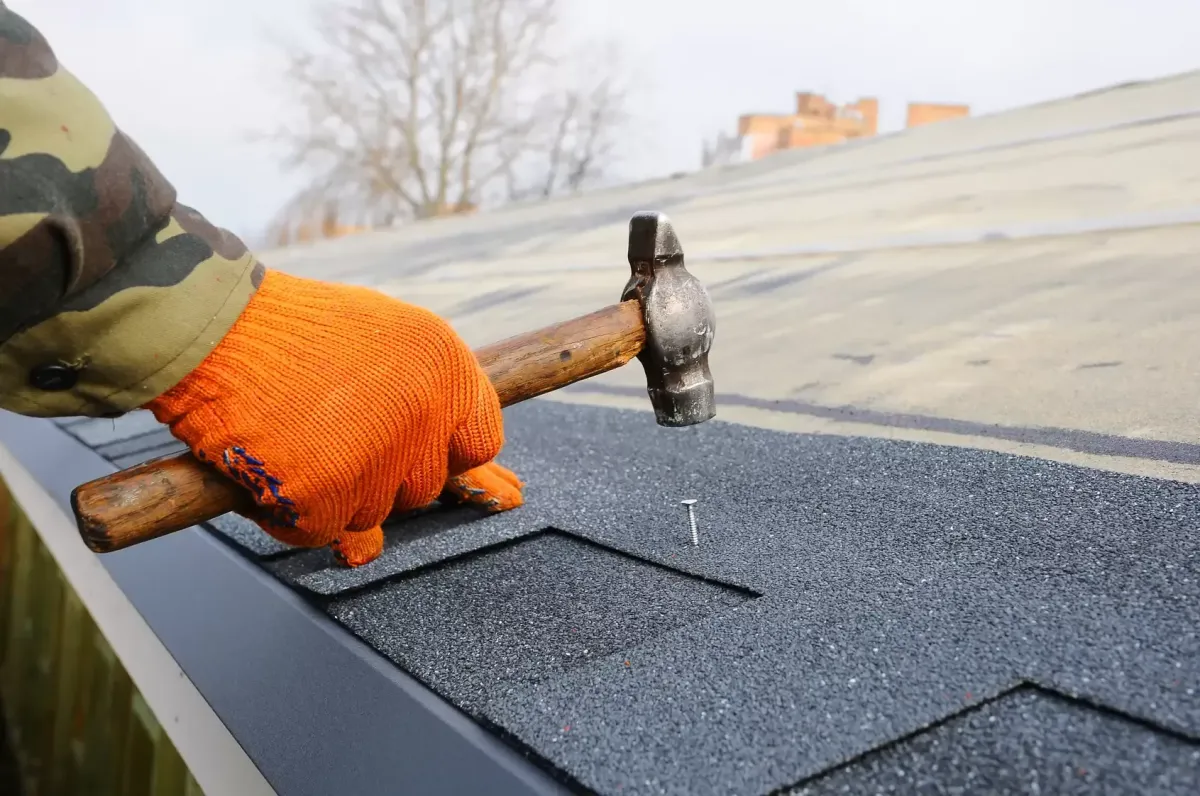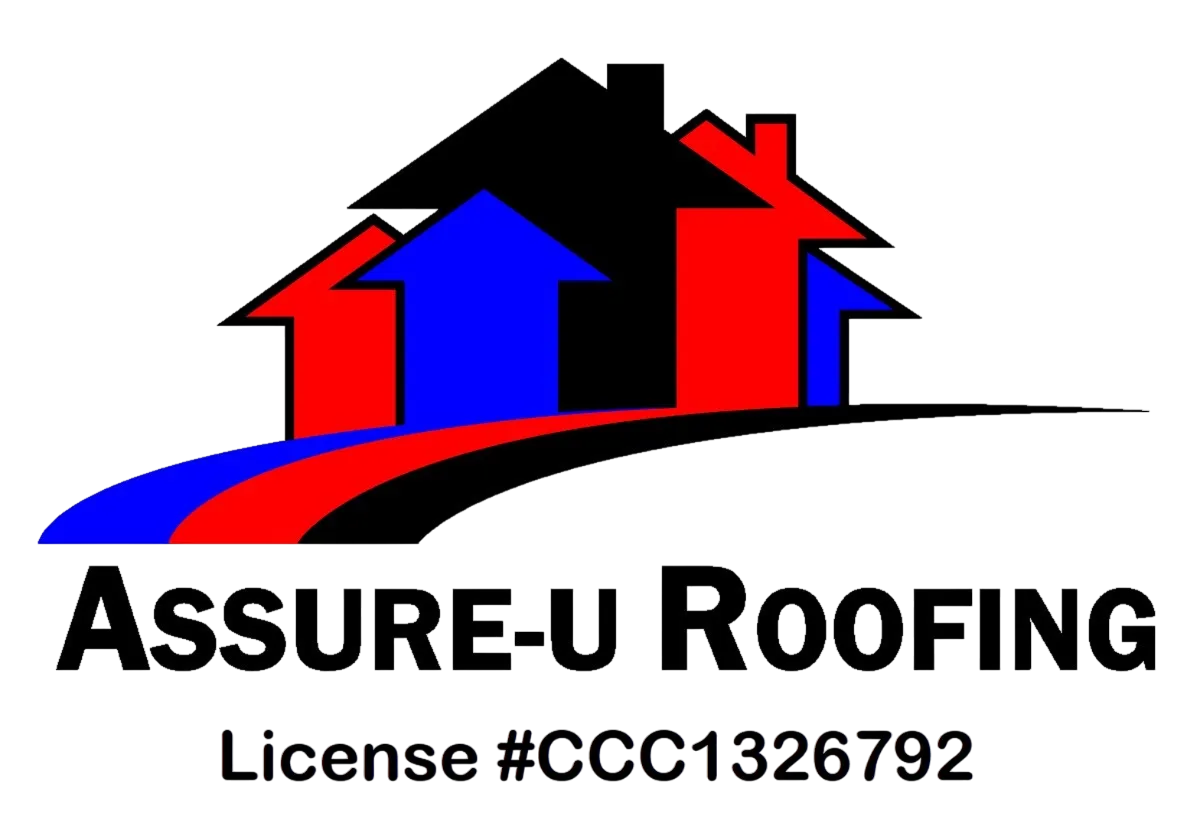
Roofing Materials for Orlando, FL and Surrounding Areas
Choosing the right roofing material is one of the most important decisions a homeowner can make. In Orlando, FL, and surrounding areas like Winter Park, Windermere, Sanford, Maitland, Lake Mary, Kissimmee, Deltona, Deland, and Clermont, roofs must withstand heat, humidity, heavy rains, and even hurricane-force winds. This guide answers the most common questions homeowners ask when considering a new roof, helping you select the best material for durability, energy efficiency, and long-term value.
What Roofing Materials Work Best for Homes in Orlando and Surrounding Areas?
Asphalt shingles are one of the most common materials for Orlando homeowners who want an affordable roofing option that comes in many styles and colors. They are quick to install but usually last only 15 to 25 years, and they do not hold up as well against strong winds and UV damage in Florida’s climate.
Metal roofing is a strong choice for homeowners looking for durability and long-term value. Metal roofs can last between 40 and 70 years, reflect heat, resist algae, and are built to withstand hurricane-force winds. Although they cost more upfront, their long lifespan and energy savings often make them more cost-effective in the long run.
How Does Budget Influence Roofing Choices in Orlando?
Budget greatly influences which roofing material a homeowner selects. Asphalt shingles are the cheapest option, starting around $250 per square, while tile roofs can exceed $1,000 per square. Although shingles are less expensive upfront, they need to be replaced more frequently. On the other hand, metal and tile roofs cost more initially but last much longer, which can actually save money over time by reducing replacement and repair expenses.
Why Does Energy Efficiency Matter for Homes in Central Florida?
Energy efficiency is critical in Orlando because of the extreme summer heat. Roofing materials that reflect sunlight, such as metal panels, reflective shingles, or cool roof coatings, can reduce attic temperatures by 20 to 30 percent. Lower attic heat means lower air-conditioning costs and a more comfortable home throughout the year.
How Do Local Building Codes Impact Roofing Projects in Orlando?
Florida Building Code requires that all roofing systems meet strict standards for safety and durability. Roofs must pass wind-uplift testing, use approved under layments, and follow fastening requirements that protect against hurricanes and severe storms. Permits and inspections are mandatory, which ensures that roofs are not only code-compliant but also qualify for proper insurance coverage. Working with experienced roofing contractors helps homeowners avoid mistakes and ensures long-lasting protection.
Why Should Homeowners Choose Assure-U Roofing in Orlando and Surrounding Areas?
Assure-U Roofing brings more than 45 years of roofing experience in Florida, making us uniquely qualified to handle the challenges of Orlando’s climate. We provide free roof inspections with detailed reports, transparent estimates with no hidden costs, and all work is done by our in-house team instead of subcontractors. As an Owens Corning Preferred Vendor, we guarantee top-quality materials and workmanship that give Orlando homeowners confidence, safety, and long-term value.
What Makes Orlando’s Climate So Challenging for Roofs?
Orlando’s climate brings year-round heat, intense UV rays, heavy rainfall, and seasonal hurricanes. These conditions speed up roof wear, encourage mold and mildew, and increase the chance of storm related damage. Homeowners must choose roofing materials that can withstand extreme weather and provide long-lasting protection in Florida’s environment.
How Does Heat and UV Exposure Affect Roofs in Central Florida?
Constant exposure to the sun causes asphalt shingles to lose granules, metal panels to warp, and tiles to fade or crack. This not only shortens the lifespan of roofing systems but can also increase cooling costs for Orlando homes. Roofs with reflective coatings or UV-stable finishes help reduce these effects while improving energy efficiency.
What Roofing Problems Does Orlando’s Humidity and Rain Create?
High humidity and frequent rainstorms encourage algae growth, wood rot, and leaks. Without proper underlayment and ventilation, water can seep into the roof deck, leading to costly structural issues. Using moisture-resistant materials and scheduling regular inspections are the best ways to prevent hidden water damage.
Why is Hurricane and Wind Resistance So Important for Orlando Roofs?
Hurricanes and tropical storms often hit Central Florida with winds strong enough to rip away poorly secured roofs. That is why materials rated for at least 130 mph winds are recommended for Orlando homes. Reinforced fasteners, hurricane clips, and compliance with Florida Building Code standards are essential for roof safety during storm season.
Final Thoughts
Choosing the right roofing material in Orlando, FL and surrounding areas isn’t just about style—it’s about protection, durability, and long-term value. The region’s intense heat, heavy rainfall, and hurricane risks demand strong, energy-efficient, and weather-resistant solutions. Whether you’re considering asphalt shingles, metal, tile, or flat roofing systems, selecting materials built for Florida’s climate will save you money and stress over time. Partnering with an experienced contractor like Assure-U Roofing ensures that your home is protected with expert installation, high-quality materials, and reliable service you can count on for decades.

How often should I replace my roof in Orlando?
Most asphalt shingle roofs last 15–25 years in Florida’s climate, while metal and tile roofs can last 40–70+ years with proper care.
What roofing material is best for hurricane protection?
Metal and tile roofs are excellent options, as they are wind-rated for 130 mph or higher and comply with Florida Building Code standards.
How does humidity affect roof maintenance in Orlando?
High humidity encourages algae, mold, and rot. Regular inspections, proper ventilation, and moisture-resistant underlayments are essential.
Do reflective or energy-efficient roofs really lower energy bills?
Yes. Reflective shingles, metal panels, or cool roof coatings can reduce attic heat by up to 30%, lowering cooling costs significantly.
Are permits required for roof replacement in Orlando?
Yes. The Florida Building Code requires permits and inspections to ensure your roofing system is installed safely and to code.
Address: 3236 Scallion Ct, Orlando, FL 32825
Phone: (407) 794-2820
Email: [email protected]
